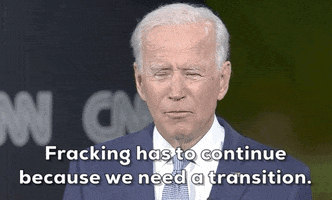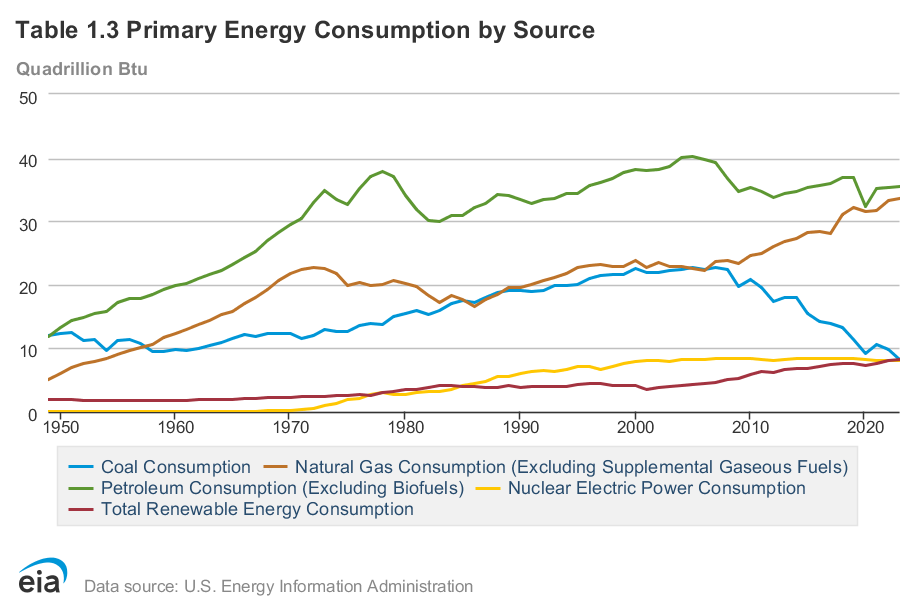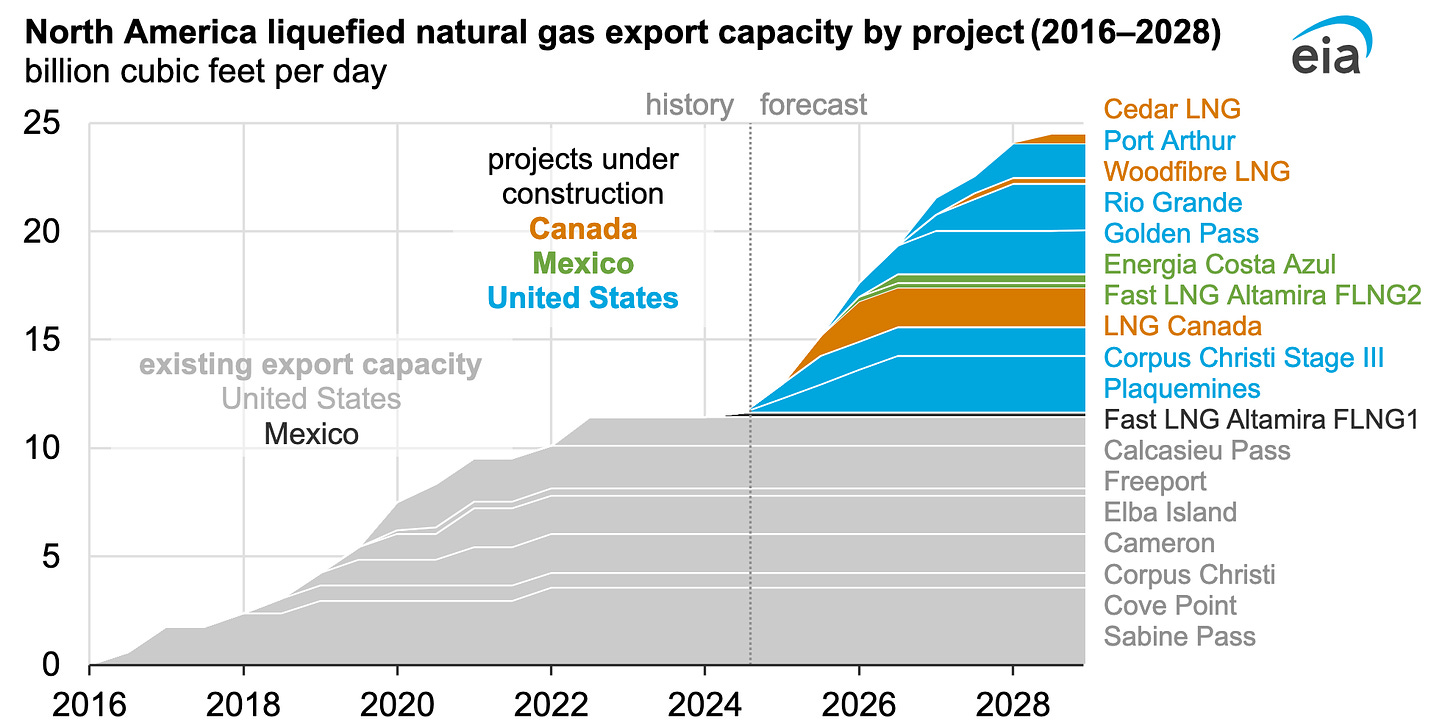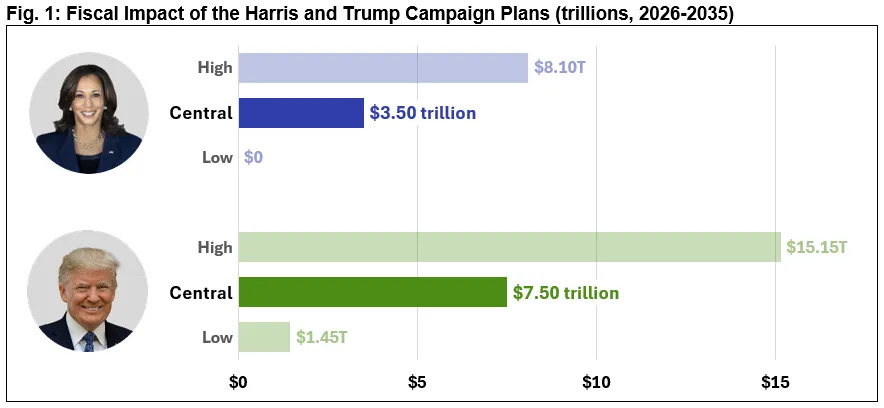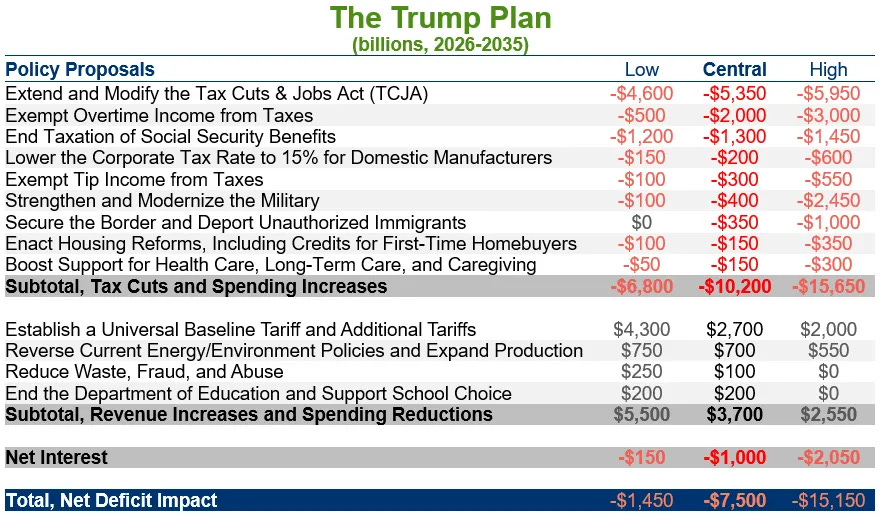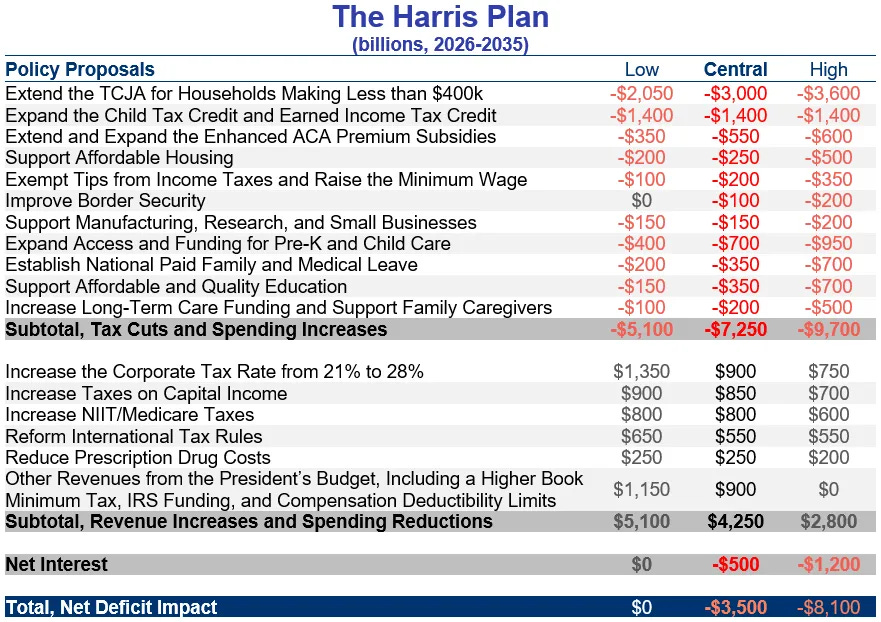Welcome to Macro Mashup, the weekly newsletter that distills the content from key voices on macroeconomics, geopolitics, and energy in less than 10 minutes. Thank you for subscribing!
Macro Mashup aims to bring together the greatest minds in Finance and Economics who care deeply about current U.S. and international affairs. We study the latest news and laws that affect our economy, money, and lives, so you don't have to. Tune in to our channels and join our newsletter, podcast, or community to stay informed so you can make smarter decisions to protect your wealth.
In this week’s edition, we are going to look at the following:
What is Trump’s energy policy
What is Harris’s energy policy
Which makes more sense?
What is the current energy picture for the US?
Which candidate should you support based purely on energy policy?
Trump’s Energy Policy
Emphasis on fossil fuels: Trump has said he would increase oil and gas production, unlock new lands for drilling, make permitting easier, speed up the approval of natural gas pipelines, and restart the export of liquefied natural gas.
Deregulation: he intends to reduce environmental regulations, remove ‘red tape’ from energy production, and weaken vehicle and appliance efficiency standards.
Opposition to clean energy initiatives: he wants to undo the so-called EV mandate, redirect money away from what he calls the “green new scam,” and is generally critical of the Inflation Reduction Act (IRA).
Energy independence and "dominance": he claims he will make America energy independent and then energy dominant, and he wants to refill the strategic petroleum reserve.
Price reduction claims: he will cut energy prices in half for consumers.
It’s worth considering what he did on energy policy while in office:
Fossil fuel production: he opened the Arctic National Wildlife Refuge to drilling, increased oil and gas production on federal lands and expedited drilling permits and pipeline approvals.
Deregulation: he rolled back around 90 federal environmental regulations, weakened vehicle emissions standards, and generally reduced regulations on the energy sector.
International agreements: he pulled the U.S. from the Paris Climate Agreement.
Energy exports and pipelines: he promoted LNG exports, approved controversial pipeline projects (e.g., Dakota Access Pipeline, Keystone XL), and the US became a net energy exporter for the first time in 67 years.
Strategic Petroleum Reserve: he filled it.
Emissions: despite the focus on fossil fuels, US carbon emissions decreased during his term, partly due to market forces and existing policies
Overall, if elected, his policy seems to align with what he did while in office.
Harris’s Energy Policy
Harris’s energy policy is Biden’s energy policy.
Biden is largely being forgotten or, as the media likes to say, ‘memory-holed’ amidst the Harris campaign's full tilt toward election day. Still, the fact remains that the achievements on which Harris’s policy stands are those of her boss.
Those achievements are considerable and primarily legislative.
Regulatory actions: Biden canceled an essential permit for the Keystone XL pipeline that would have allowed it to cross into the US, imposed stricter regulations on new fossil fuel plants (subject to challenge in the courts), paused new oil and gas leasing on federal lands and paused new permits to export LNG pending a review of climate impacts by the Department of Energy, and reversed many of the regulatory rollbacks of the Trump administration on vehicle and industrial emissions. He also re-entered the Paris Agreement.
Legislation:
He passed the bipartisan Infrastructure Investment and Jobs Act (IIJA), which allocated $65 billion for power grid improvements and $21 billion for environmental remediation;
He passed the Inflation Reduction Act, which earmarked $369 billion for renewable energy tax credits;
He passed the CHIPS Act, which allocated $52 billion to stimulate advanced semiconductor production onshore (and has triggered over $200 billion of private-sector investment in semiconductor production).
Harris’s energy policy will continue the progress made during the Biden administration.
Although Harris has previously expressed opposition to fracking, the technology that has spearheaded the substantial increase in US oil and gas production, she has recently stated that fracking is an integral part of overall energy policy that is not inconsistent with overall climate goals.
Which Makes Most Sense?
I think both make sense.
I have no issue with Trump’s policy on energy. I think certain aspects of it are more rhetorical than substantive.
It is unlikely that oil and gas producers will be enthusiastic about ramping up their production to achieve a targeted 50% reduction in the cost of the products they are being encouraged to produce.
I also applaud Trump’s actions regarding pipelines and drilling on federal lands.
I don’t think pulling out of the Paris Agreement is smart.
The IRA, CHIPS Act and IIJA have boosted jobs and domestic manufacturing and will continue to do so.
Both candidates seem similarly inclined to bolster support for growth in the nuclear industry, both the recommissioning of existing plants such as Three Mile Island and the acceleration of the deployment of small modular reactors (SMRs).
The IRA allocates tax credits technology-neutrally: there are investment tax credits (ITCs) and production tax credits (PTCs) for wind, solar, and nuclear power.
Tax credits are available for sequestering and storing carbon emissions produced by fossil fuel plants and capturing fugitive methane leaking from coal mines.
These credits will help incentivize gas production either as a specific goal of fracking or as a by-product of fracking for oil.
I have spoken to developers who are considering installing equipment on existing wells that would mitigate emissions and be eligible for tax credits under the IRA.
I have spoken to other developers who are considering using the deep drill shafts from old wells to install geothermal equipment eligible for IRA credits to bolster and reduce the cost of surface operations.
Government tax revenues are being used to prime the pump and put a thumb on the scale of economic development. I love priming the pump more than putting thumbs on scales, but I accept they probably go hand in hand.
The overwhelming need is for more energy and less squabbling about how it is produced.
What Is The Current US Energy Picture?
There has been a considerable shift away from coal over the last 75 years. Nuclear power ramped up from 1970-2000 and then flattened. Oil and gas have grown steadily and continue to grow. Renewables (ex-nuclear) have grown significantly to the point where they contribute as much as nuclear.
However, as the recent deal struck between Microsoft and Constellation Energy demonstrates, the need for big tech to source 24/7 power is desperate. According to research from the investment bank Jeffries, Microsoft has agreed to pay Constellation $100 /MwH for its 24/7 offtake of nuclear energy. This compares to wind and solar, available at $60 /MwH in the same area but not 24/7.
The challenge with nuclear is that there is insufficient capacity to meet the rapid growth of data centers. The only fuel available to meet that need is natural gas.
Standard & Poor's Global Commodity Insights research suggests that an additional 70 million metric tons/year of potential incremental natural gas demand will be needed over the next 6 years to meet the forecast demand from industrial (including data center) users.
That equates to just over 9 billion cubic feet per day (bcf/d), or roughly the total amount of new LNG export capacity expected to come online in the US between now and 2030.
The irony in Trump’s assertion that he will immediately unfreeze the additional LNG export ban is that there would appear to be ample domestic demand for the gas.
Which Candidate Should You Support Based Purely On Energy Policy?
I like Trump’s energy policy.
I also love the IRA - my business is somewhat dependent on it…
The challenge with energy and crediting one administration with any advances is that the timing is tricky to parse.
Oil production declined during George W. Bush's eight years in the White House. However, he passed several laws during his administration that laid the groundwork for shale oil to surge…which it did during the Obama administration.
As unfriendly as Donald Trump was to renewable energy rhetorically, renewable energy consumption grew 21.5% during his administration. Biden's imposition of constraints on the ethical sourcing of solar panels caused more issues for the industry.
Events such as the Russian invasion of Ukraine or Covid-19 can have greater impacts than any specific President’s policy.
It is also fair to say that overturning the previous administration’s actions is easier if they were taken by executive orders than enshrined in legislation.
Trump had a tough time—and ultimately failed—overturning the Affordable Care Act. He will have a tough time repealing the IRA.
On balance, Trump may be the better choice purely based on energy policy, assuming he cannot dislodge the IRA.
BUT, and this is a big but…
The debt.
The Committee for a Responsible Federal Budget (marginally a conservative organization) recently produced a report on the effect each candidate’s policies would have on the deficit.
I was a bit surprised. Most of these policies require legislation, which will depend not only on the Presidency but also on the House and Senate races.
Takeaways
Trump’s energy policy is marginally preferable.
Harris will continue Biden’s legislative initiatives if elected, and this will be fine - assuming she means what she NOW says about fracking
We need more energy of all kinds.
We should keep as much of the natural gas we produce onshore as possible to fuel the growth of domestic energy needs.
There is more risk of an increase in the deficit if Trump is elected.
We need an energy miracle to get out of the debt hole we find ourselves in.





